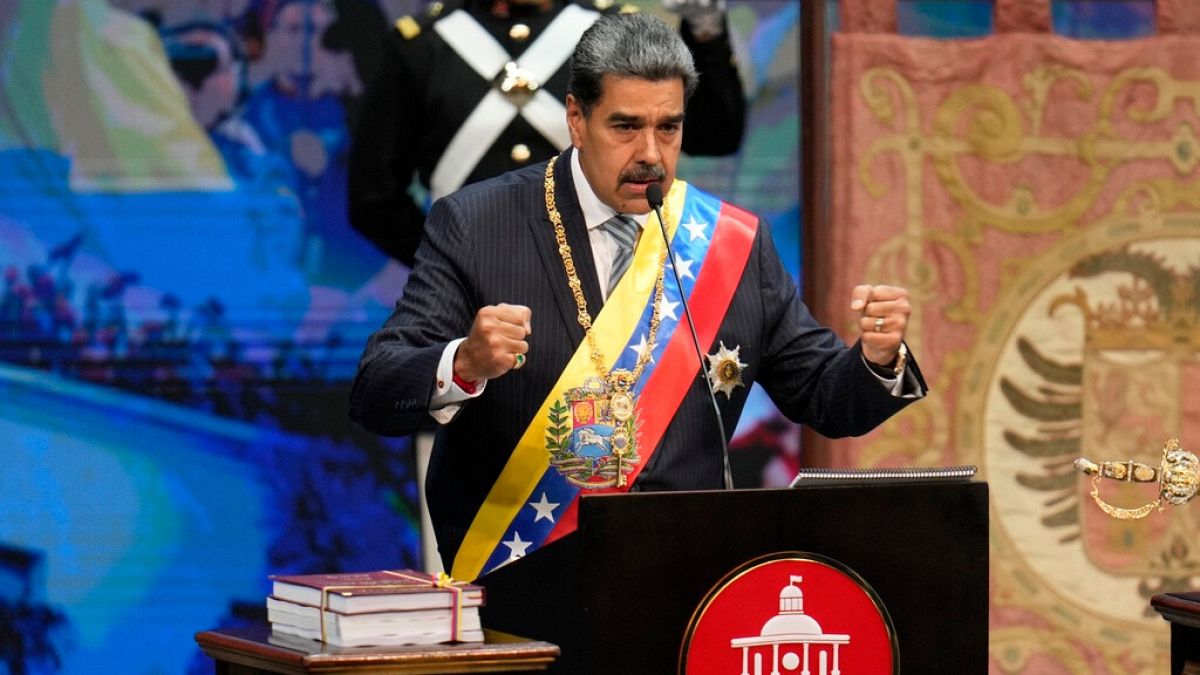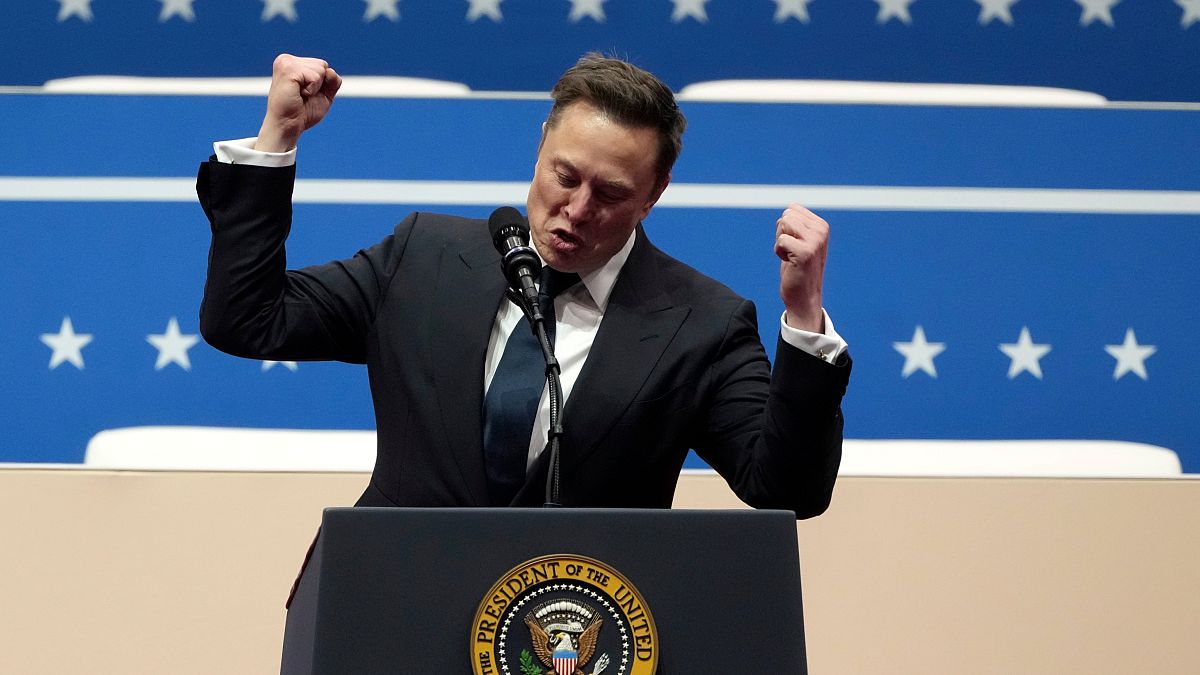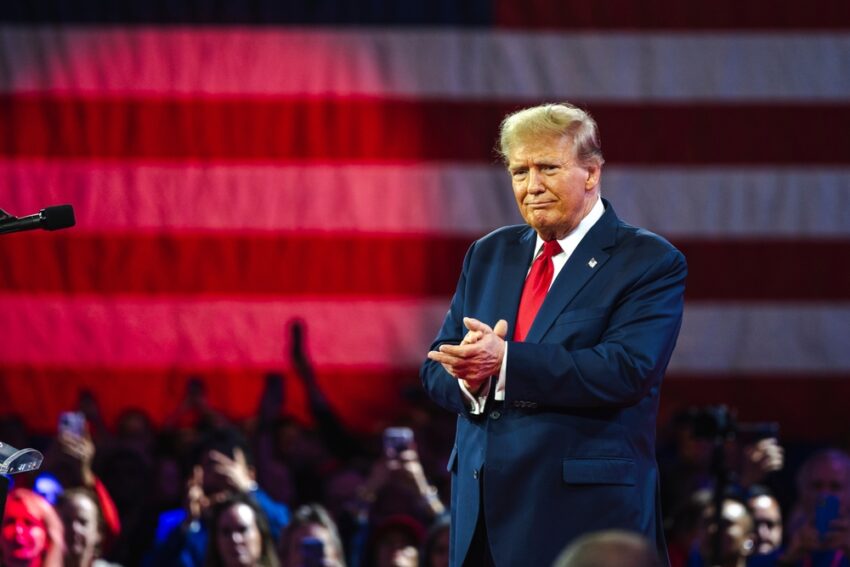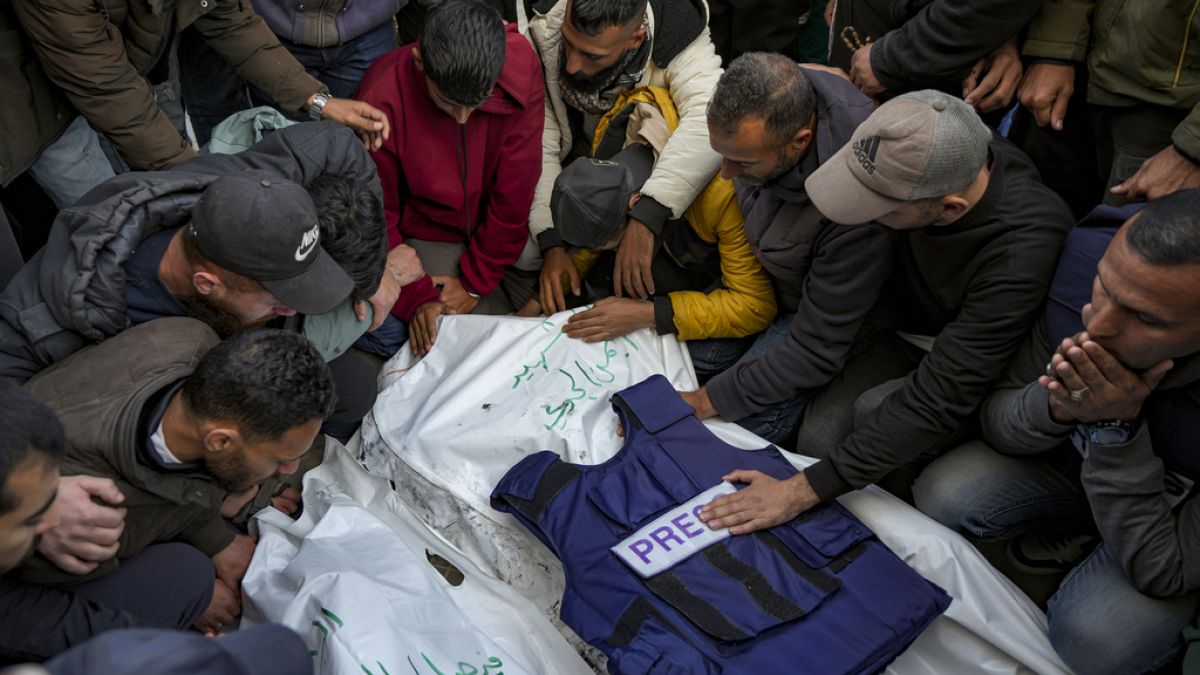UK ditches talks with Georgia over ‘anti-Western’ tilt
Move comes in run-up to election and concern over pro-Russia shift under Prime Minister Irakli Kobakhidze.
LONDON — The British government axed annual talks with Georgia amid concern about “the decline of democracy and anti-Western rhetoric” in the country, according to the United Kingdom’s ambassador in Tbilisi.
Gareth Ward told the InterpressNews agency in an interview published Tuesday — and shared on the British embassy’s Facebook page — that the yearly Wardrop dialogue is being pulled for the first time since it was established.
A joint cybersecurity program and talks between the two countries’ defense staff are also being put on ice, InterpressNews reported.
“I had expected that we would work together to strengthen Georgia’s resilience and our common prosperity, but over the past year the Georgian government has chosen a different course,” said Ward, who took up post in July. “During my first months in Tbilisi I had to make clear our concerns about the decline of democracy and anti-Western rhetoric,” he continued.
“I hope that the Georgian government will change its approach, which will allow me to regain optimism.”
The move comes amid increasing Western concern about Georgia’s direction under Prime Minister Irakli Kobakhidze.
London, Washington and Brussels have previously condemned Georgia for a new foreign influence law that brands Western-backed nongovernmental organizations and media outlets as “foreign agents.” It passed in May despite street protests and a veto from Georgia’s President Salome Zourabichvili, who branded it a “Russian law” that “contradicts our constitution and all European standards.”
Zourabichvili has since accused the ruling Georgian Dream party of using Russian-style intimidation tactics to suppress opposition in the run-up to a crucial Oct. 26 parliamentary election. Earlier this month, the European Union announced it would cancel €121 million in funds earmarked to help develop the economy of Georgia — an EU candidate country — due to Tbilisi’s crackdown on dissent.
“After the elections, regardless of who is in government, we hope to see clear evidence of a return to the Euro-Atlantic path to rebuild trust and return to a close partnership,” Ward said.
The U.K. Foreign Office has been approached for comment.
What's Your Reaction?



















































